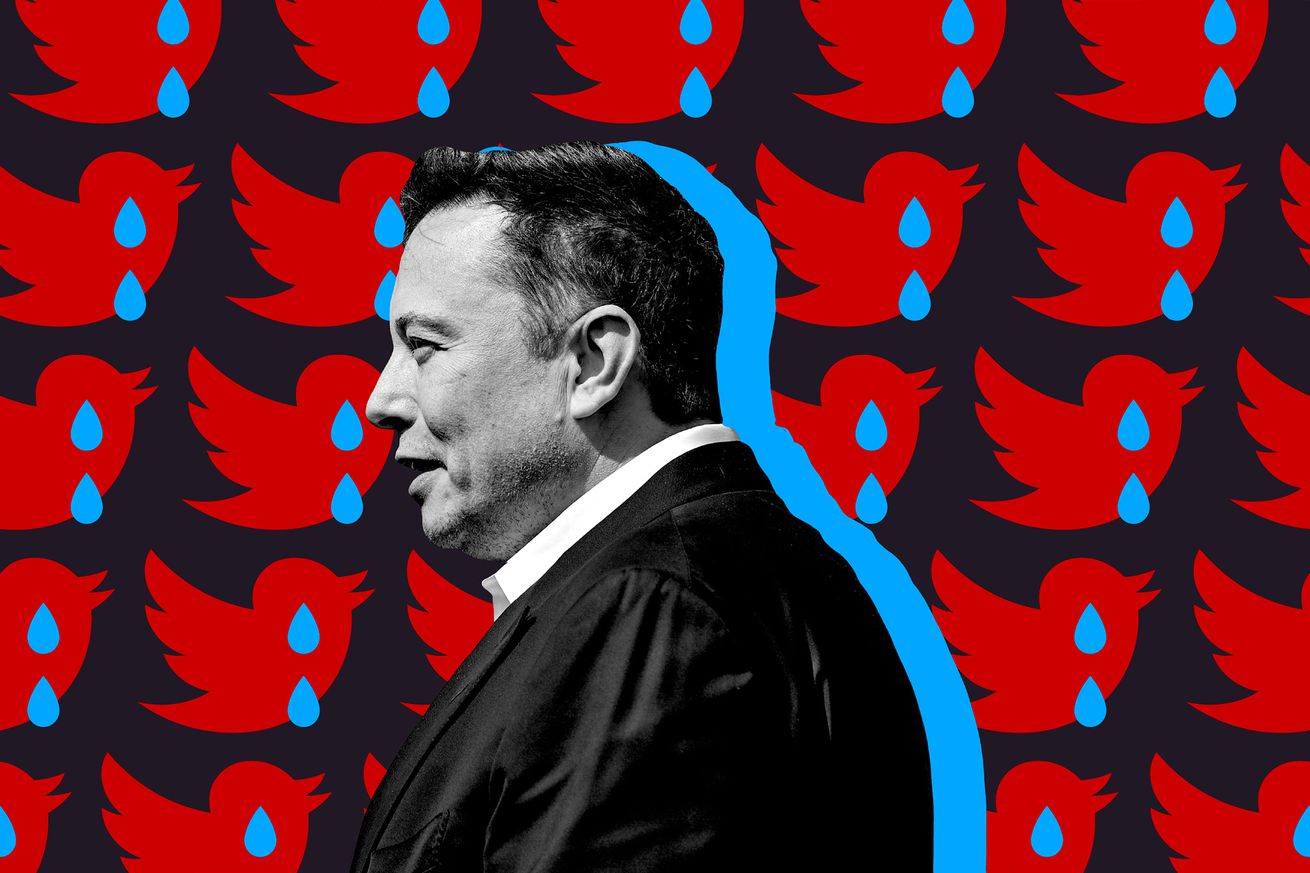
Elon Musk thinks Twitter is real life
This should come as no surprise, but Elon Musk doesn’t see a downside to being extremely online.
Asked whether his recent tweets — spreading tawdry conspiracy theories about the attack on Nancy Pelosi’s husband, embracing COVID misinformation, mocking trans people, making groan-inducing, jokes, and exposing himself as a right-wing troll — has harmed Tesla’s brand image, Musk responded with characteristic mocking defiance.
Okay, so I’ve got 127 million followers and it continues to grow very rapidly
“Let me check my Twitter account,” he said in a Tesla earnings call Wednesday evening. “Okay, so I’ve got 127 million followers and it continues to grow very rapidly.”
Apparently the steady growth of his own Twitter presence is all the evidence he needs that his tweets are right and good and his online antics are beyond reproach. No mention of the white supremacists he’s let back on the platform (and then kicked off again after they have reverted to type and said Nazi things) or the worrying rise in hate speech and harassment. No mention of his own declining reputation or the growing calls to ditch his post at Twitter and refocus on the company that actually matters, Tesla.
Just look at that scoreboard.
“That suggests that I’m reasonably popular,” Musk continued. “Might not be popular with some people. But for the vast majority of people, the follow account speaks for itself.”
It’s a bizarre statement from someone who is quite literally on trial on the basis that his tweets have caused measurable chaos, both for himself, his investors, and his company. Musk is facing potentially billions of dollars in damages from a class of Tesla investors who allege that Musk’s tweets misled them and said that relying on his statements to make trades cost them significant amounts of money.
“I’m reasonably popular”
That 2018 tweet has already cost him $40 million — $20 million from Tesla and $20 million from him personally — in order to settle a securities fraud lawsuit from the SEC. Twitter is free for most people to use, but for Elon Musk, the costs have been disproportionately high.
On the earnings call, Musk rattled off a quick pitch for Twitter, noting that it’s an “incredibly powerful tool” that drives demand for Tesla’s vehicles (the company just instituted a massive price cut to account for flagging demand) and suggesting that other automotive CEOs should tweet like him to drive sales. (Volkswagen CEO Herbert Diess tried doing exactly that; he was out of a job a year later.)
It’s fair to say that Musk’s Twitter usage has been a disaster. His acquisition of the social media company has diminished his own net worth and left him saddled with debt. A growing number of Tesla owners who bought into his early claims of a more sustainable future are now embarrassed to be seen driving one of his cars. His investors are begging him to stop tweeting, but of course, Elon Musk will never stop.
Twitter, it is often said, is not real life. But to Musk, it’s all that and more.

